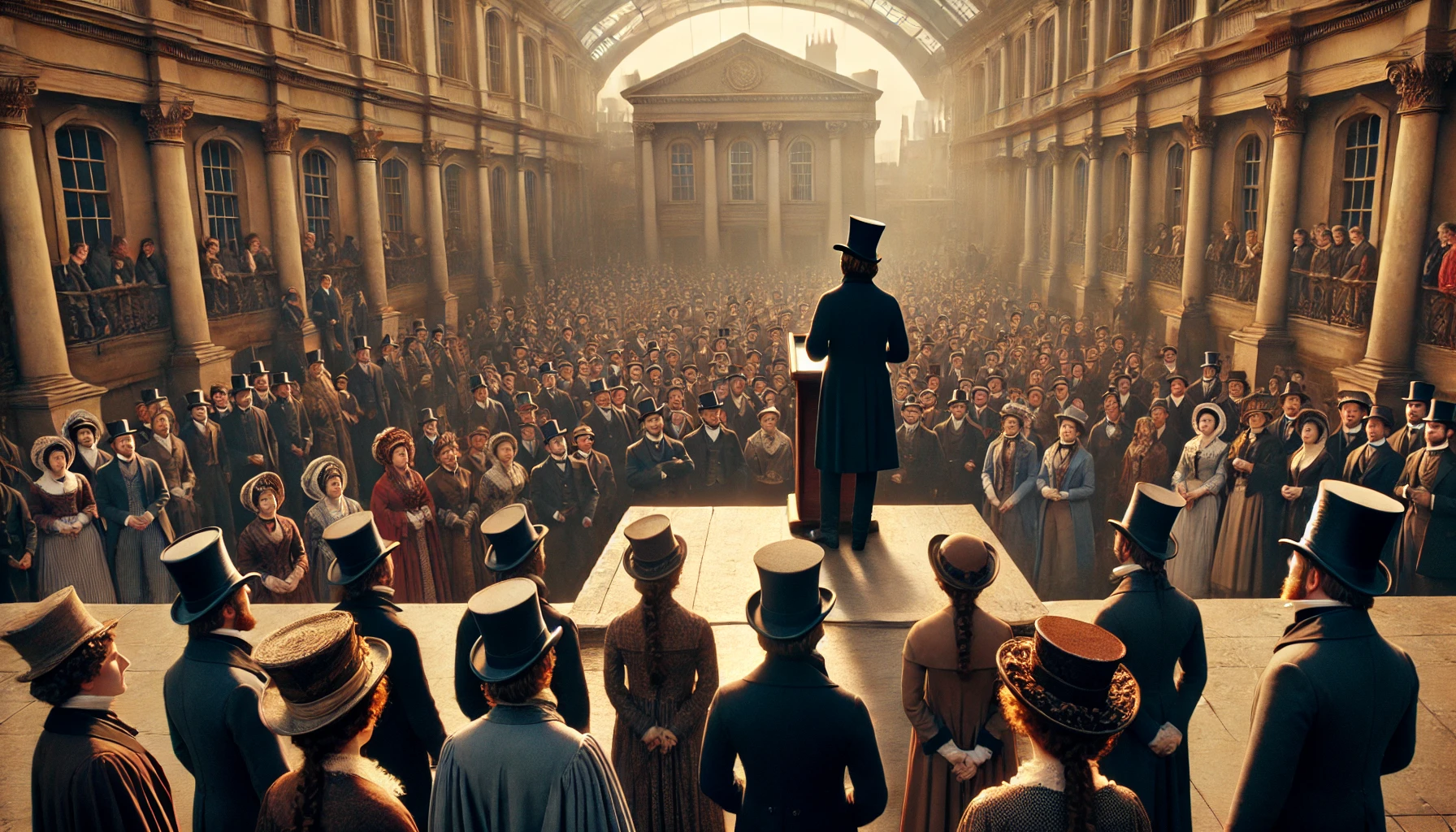Introduction
William Ewart Gladstone, one of Britain’s most prominent political figures, served as Prime Minister four times during the 19th century. Known as the “Grand Old Man,” Gladstone’s career spanned over six decades, during which he championed liberal values, significant reforms, and the welfare of ordinary citizens. His legacy remains an integral part of British political history, shaping the foundation of modern liberalism.
Early Life and Political Beginnings
Early Life and Education
Gladstone was born in Liverpool in 1809 into a wealthy Scottish merchant family. He attended Eton College and later Christ Church, Oxford, excelling in classics and theology. His education instilled a strong sense of duty and religious conviction that guided his political philosophy.
Entry into Politics
In 1832, Gladstone entered Parliament as a Tory MP for Newark. Initially aligned with the Conservatives, he focused on issues like church reform and the abolition of slavery. However, his views evolved, leading to his eventual shift towards liberalism.
Transition to Liberalism
Shift in Ideology
Gladstone’s transition from conservatism to liberalism was influenced by his growing belief in free trade, individual liberty, and limited government intervention. His break with the Conservatives became evident during debates on the Corn Laws and religious equality.
Role in the Liberal Party
As a leader in the Liberal Party, Gladstone became the voice of progressive reform. He emphasized meritocracy, education, and reducing corruption, setting the stage for his future leadership.
Tenure as Prime Minister
First Term (1868-1874)
Gladstone’s first term was marked by significant reforms:
- Irish Church Disestablishment Act (1869): This act separated the Church of Ireland from the state, addressing religious inequality.
- Education Act (1870): It established elementary education for all children in England and Wales, laying the foundation for universal education.
Second Term (1880-1885)
His second term faced challenges in foreign policy, particularly in Egypt and the Sudan. However, he continued his domestic reform agenda, focusing on improving living conditions and reducing government waste.
Third Term (1886)
Gladstone’s third term was short but pivotal. His advocacy for Irish Home Rule, aiming to grant Ireland self-governance, faced strong opposition and ultimately led to the fall of his government.
Fourth Term (1892-1894)
In his final term, Gladstone again pushed for Home Rule, but the proposal failed in the House of Lords. Frustrated by the lack of progress, he retired from politics in 1894.
FOR MORE: PACIFIC INSIGHT
Major Achievements
Social Reforms
Gladstone’s tenure saw landmark social reforms, including:
- The Civil Service Act introduced merit-based appointments.
- Expansion of the franchise through the Representation of the People Act (1884).
Economic Policies
As Chancellor of the Exchequer, Gladstone was known for his meticulous budgets. He championed free trade and reduced tariffs, benefiting Britain’s growing industrial economy.
Irish Policy
Gladstone’s commitment to resolving Irish grievances was one of his defining traits. His efforts to grant Ireland Home Rule were groundbreaking, though they faced stiff resistance.
Rivalry with Benjamin Disraeli
Political and Ideological Differences
Gladstone and Disraeli often clashed over issues like imperial expansion, economic policy, and social reform. While Disraeli favored a strong empire, Gladstone prioritized domestic reforms and free trade.
Impact on British Politics
Their rivalry energized British politics, offering voters distinct choices and driving significant legislative progress.
Legacy of William Gladstone
Contributions to Liberalism
Gladstone’s leadership solidified the Liberal Party’s identity, emphasizing equality, education, and individual freedom. His vision continues to influence modern liberal thought.
Enduring Reforms
Many of Gladstone’s reforms, particularly in education, civil service, and voting rights, have had a lasting impact on British society, setting the foundation for a more equitable and democratic system.
Conclusion
William Gladstone’s tenure as Prime Minister was a testament to his unwavering commitment to liberal values and public service. Through his reforms and advocacy for Irish Home Rule, he sought to create a more inclusive and just society. Though his efforts faced resistance, his legacy endures as a symbol of progress and moral leadership in British politics.
References
https://en.wikipedia.org/wiki/William_Ewart_Gladstone
https://www.britannica.com/biography/William-Ewart-Gladstone
https://www.bbc.co.uk/history/historic_figures/gladstone_william_ewart.shtml
FAQs
- Who was William Gladstone?
William Gladstone was a 19th-century British statesman who served as Prime Minister four times and is renowned for his liberal reforms. - What were Gladstone’s key achievements as Prime Minister?
His achievements include the Education Act of 1870, civil service reforms, and advocacy for Irish Home Rule. - Why did Gladstone advocate for Irish Home Rule?
Gladstone believed in addressing Irish grievances and promoting self-governance to foster unity within the United Kingdom. - What was his rivalry with Benjamin Disraeli about?
Their rivalry centered on contrasting visions for Britain, with Gladstone prioritizing domestic reforms and Disraeli emphasizing imperial expansion. - How is Gladstone remembered today?
Gladstone is remembered as a visionary leader whose reforms and principles shaped modern British liberalism and governance.


